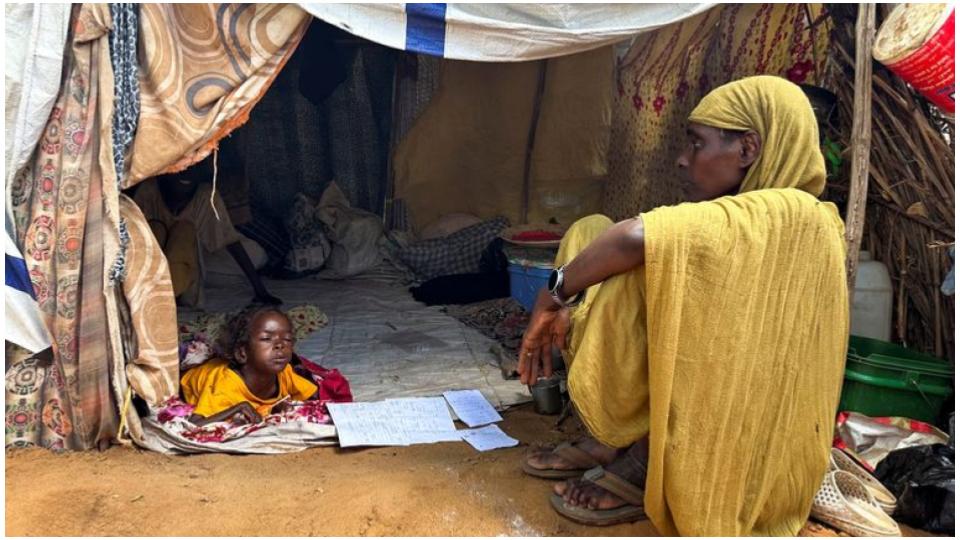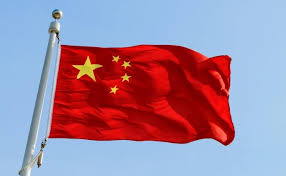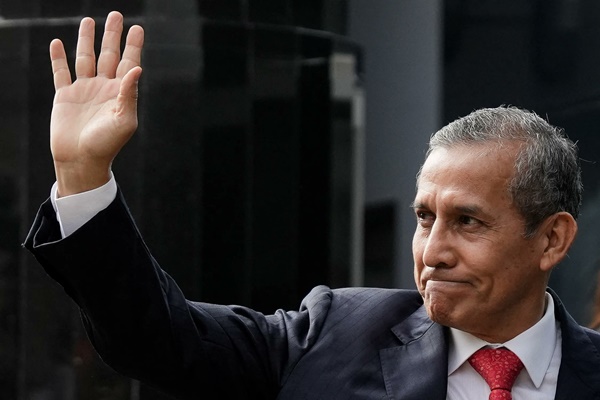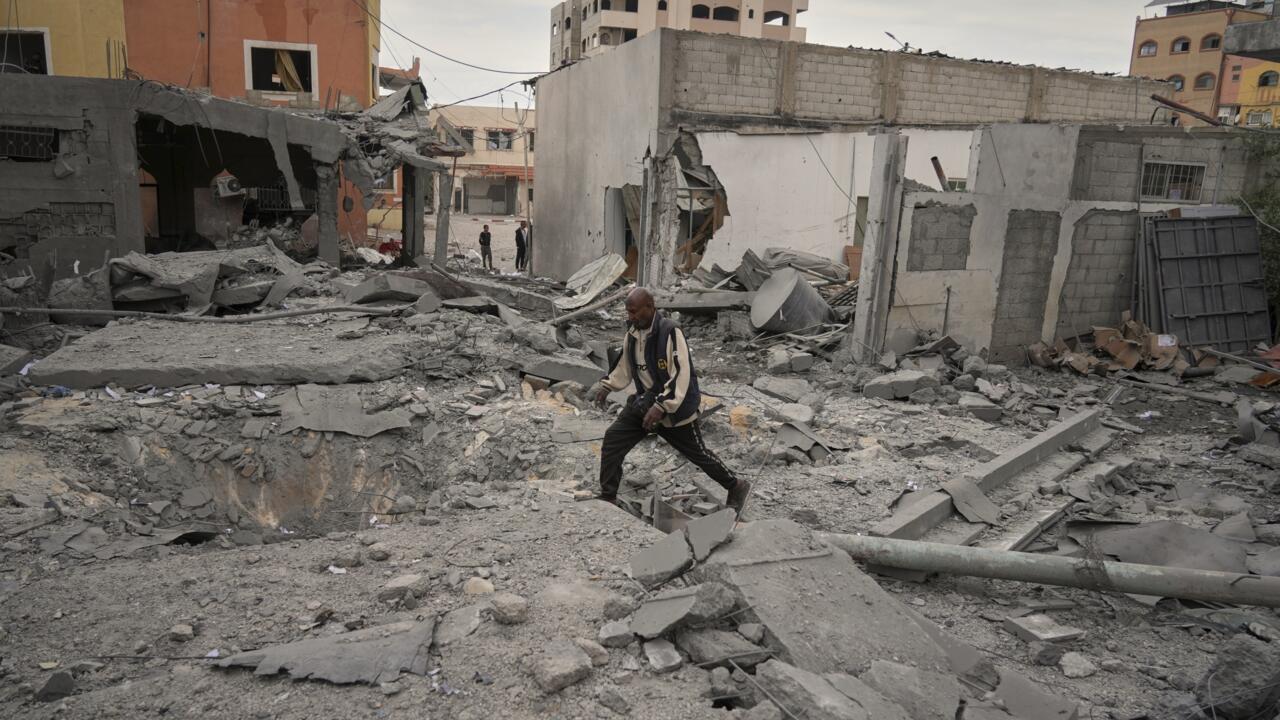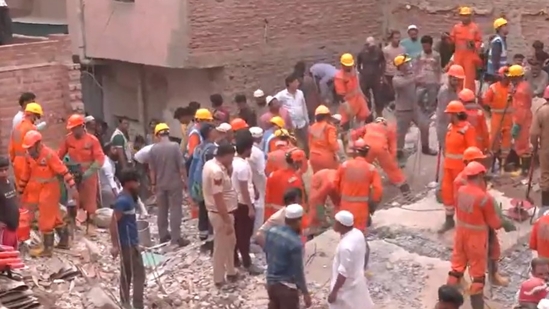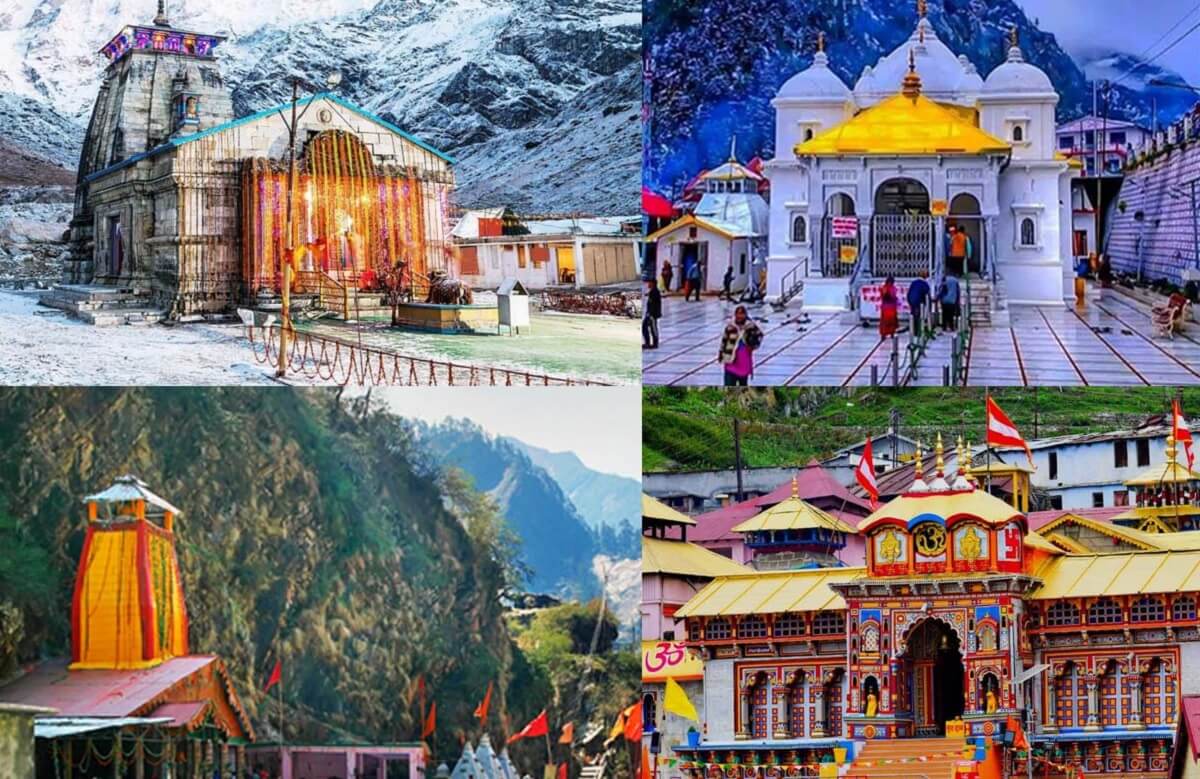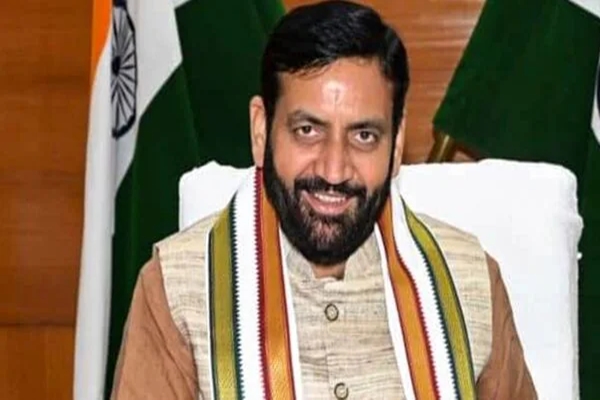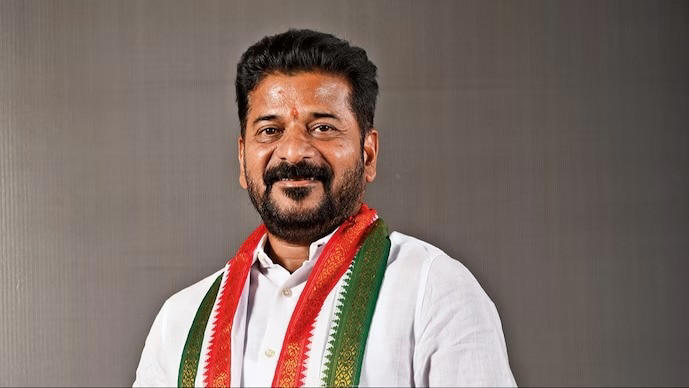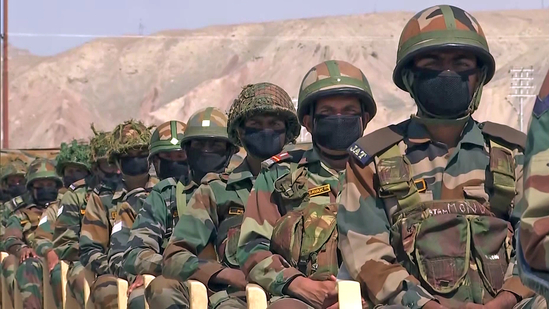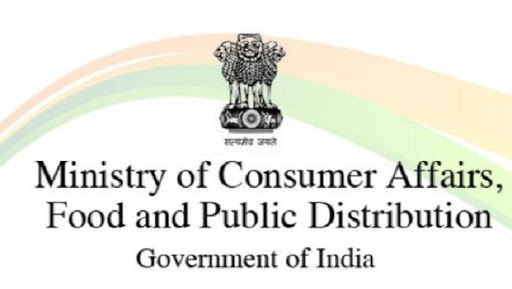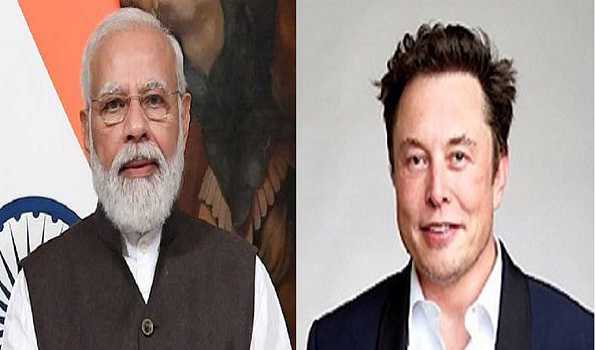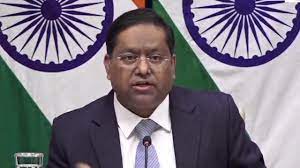USA Poll Count may have been slow, but it holds a lesson for India
Mon 09 Nov 2020, 15:21:01
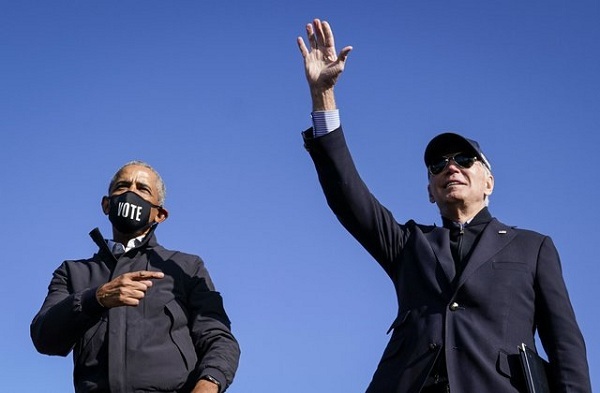
If Bishnu Prakash was following the US elections, he might have pointed out the irony himself. But Prakash (28) was immersed in a video of Bihar’s Chief Minister declaring that this was his last election on his Micromax phone. “If I could have, I would have voted for him - he’s saying it is his last election!" the Madhubani native pointed out, 2,250 km away in Chennai.
The delay in declaring the US election verdict and the partisan bickering around it have led some in India to suggest that India’s election process is superior. This is a matter of opinion and debate. But it is worth noting that a large part of the delay in the latest US election is a result of the unprecedented numbers of absentee and mail-in ballots. When it comes to accommodating the votes of those who can’t make it to the booth on polling day, India has more to learn from the US than to teach.
Mail-in voting doubled in the US in the 2020 elections compared to the previous elections, in large part as a response to the covid-19 pandemic. But even without the pandemic effect, a sizeable share of American voters vote through postal ballots. In India, postal ballots are available primarily to those in the armed forces and those on election duty. In the 2019 Lok Sabha elections, just 2.3 million or 0.4% of the total valid votes cast came via postal ballots.
India has taken a few baby steps towards expanding postal voting. In October 2019, the Union government amended the rules around postal voting to extend the option to electors over the age of 80, railway staff, and mediapersons covering elections. The February 2020 Delhi assembly elections were the first to be conducted under the new rules. In the ongoing Bihar assembly elections, the Election Commission of India toyed with the idea of extending the option of postal voting to everyone over the age of 65 years. Ultimately, it restricted it to those over 80 years, and those either suspected or confirmed to be covid-positive. For such registered postal voters, the Booth Level Officer visits the home of the elector with a form and collects it within 5 days. The number of Bihari electors who took up this alternative was modest.
For the vast majority of citizens, there is no alternative to voting in person. Prakash works for a contractor who installs flooring in homes in Chennai. When post-covid travel restrictions were lifted in May, Prakash
returned home and waited out the monsoon with his family. But money was tight, especially with the looming prospect of illnesses and hospitalisations. Prakash returned to Chennai in August and was lucky, he says, to find work again.
returned home and waited out the monsoon with his family. But money was tight, especially with the looming prospect of illnesses and hospitalisations. Prakash returned to Chennai in August and was lucky, he says, to find work again.
“In normal times, I would have tried to go home for the election and stay there for Chhatth Puja (Bihar’s most popular festival)," said Prakash. “But now I will not be able to afford a trip home until next Chhatth, I think."
Being away upon the arrival of decisions is the single most compelling motivation why the individuals who don't remove miss, shows information from the 2019 post-survey review directed by the Lokniti program at the Center for the Study of Developing Societies (CSDS).
Moving house can represent a test with regards to casting a ballot, in any event, for long haul or more settled travelers. A review by the metropolitan change support, Janaagraha, directed not long before Delhi's get together political race in 2015 found that a fifth of Delhi's electors overviewed had moved to an area unique in relation to where they had enrolled as citizens.
For transient travelers, for example, Prakash, venturing out great many kilometers to just enroll their votes is an exorbitant issue.
Examination by political researchers Rahul Verma and Pranav Gupta in Uttar Pradesh's Banda region discovered that turnout in surveying stations with high movement (with 25% or more out travelers) was three rate focuses below the region normal.
In spite of the size of development in India - the 2016-17 Economic Survey assessed that the absolute traveler labor force might have been more than 100 million of every 2016 - there has been little conversation yet about the extension of postal or truant democratic. Previous political decision chief SY Quraishi says that he underpins the development of postal democratic, especially with regards to the pandemic.
“The Election Commission has experience of conducting postal voting and proxy voting with safeguards," said Quraishi. “They can consider expanding it."
“There has not yet been any real push from civil society groups for this reform," said Sanjay Kumar, co-director of Lokniti.
Rukmini S. is a Chennai-based journalist.
No Comments For This Post, Be first to write a Comment.
Most viewed from International
Most viewed from World
AIMIM News
Latest Urdu News
Most Viewed
May 26, 2020
Do you think Canada-India relations will improve under New PM Mark Carney?
Latest Videos View All
Like Us
Home
About Us
Advertise With Us
All Polls
Epaper Archives
Privacy Policy
Contact Us
Download Etemaad App
© 2025 Etemaad Daily News, All Rights Reserved.





.jpg)
.jpg)

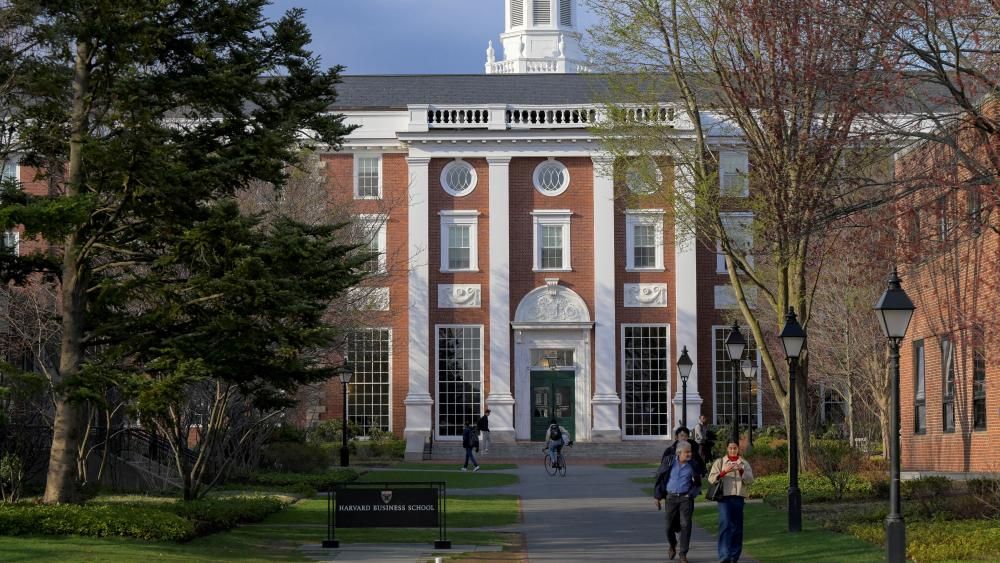
.jpg)
